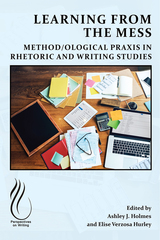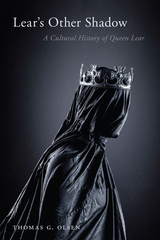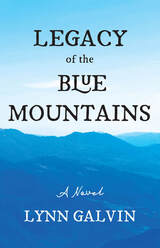22 start with L start with L


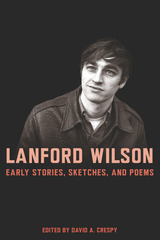

The core of Larks is rural and mythic and true, existential and domestic, tender while full of sharp grief and documentation. Circling genealogies of silence and harm in a southern family, Larks centers on the relationship and memories of three sisters and Ovid’s telling of Philomel. In a landscape inhabited as much by farm animals (cows, goats, chickens, and barn kittens) as by the family, the lyric poem parses and articulates the self’s history—from the experience of a sister’s home birth to the traumatic erasure (and recovery) of the speaker’s memory. A work of poetic memoir, Larks asks if poetry can hold the heaviest truths we carry. The answer is a resounding yes.
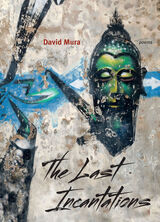
The personal, historical, and artistic are all in dialogue in David Mura’s daring collection, The Last Incantations. In a variety of poetic modes, Mura harmonizes and contrasts multiple voices to form a powerful meditation. Certain poems speak from his experiences as a third-generation Japanese American and his family’s struggles to prove their "Americanness." Others speak from the intersections of our multiracial society—an Asian teenager in love with a Somali Muslim girl, an apostrophe to Richard Pryor, poems about a Palestinian American friend, Abu Ghraib, the hapa sculptor Isamu Noguchi. The result is a sustained multifoliate poetry, bursting with elegance, heartache, and truth.
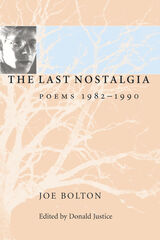

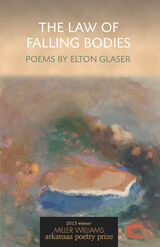

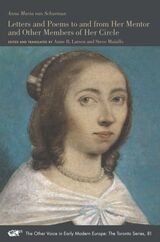
This volume presents in translation a remarkable collection of her letters and poems—many of which were previously unpublished—that span almost four decades of her life, from 1631 to 1669.
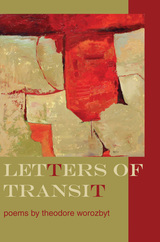
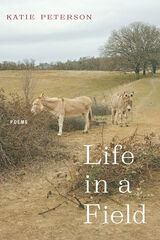
A lyric fable, Life in a Field intersperses Katie Peterson’s slow-moving, cinematic, and sensual writing with three folios of photographs by Young Suh. Introspection, wish, dream, and memory mark this tale, which is set in a location resembling twenty-first-century California—with vistas and orchards threatened by drought and fires. This is also a place of enchantment, a fairy-tale landscape where humans and animals live as equals. As the girl and the donkey grow up, they respond to the difficulties of contemporary civilization, asking a question that meets our existential moment: What do you do with the story you didn’t wish for? A narrator’s voice combines candor with distance, attempting to find a path through our familiar strife, toward a future that feels all but impossible, and into what remains of beauty and pleasure. Life in a Field tries to reverse our accelerating destruction of the natural world, reminding us of “the cold clarity we need to continue on this earth.”
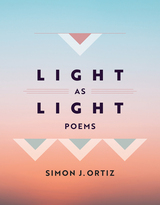
The poems in Light As Light travel far across both space and memory, landing everywhere from the New Mexico of the speaker’s childhood, to California, Tucson, and present-day Beijing, and many airports, highways, and way stations in between. The central concern uniting this collection is language itself: the weight and significance of English and Keres, as well as the nature and power of poetry as a way of life. No collection of Indigenous literature is complete without the work of Simon Ortiz, and this book is a powerful journey through the poet’s life—both a love letter to the future, and a sentimental, authentic celebration of the past.
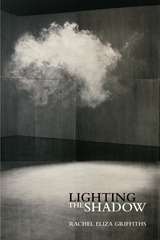
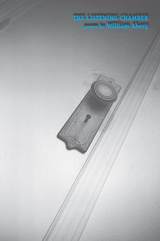
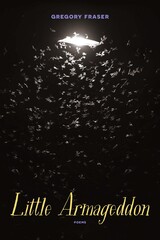
It is our everyday explorations—the small explosions within life, family, and “ordinary” survival—that make up Gregory Fraser’s fourth collection of poetry, Little Armageddon. Fraser writes at eye level, detailing the experiences of fatherhood, love, and the quiet of daily life, poised at the brink of abrupt upheaval.
These poems are an exercise in precision and reflection. Free verse and prose show readers the life within the landscape. In “My Daughter and the Lizard,” the speaker reflects on grace, meditating on the reptile his child is inspecting: “I scissor-jab three holes through the lid / of a Mason jar and tell her to be gentle, / ‘It’s a living thing,’ I say, ‘not a toy.’”
We are how we live. These poems balance imagination and truth telling with rich verse that brings the reader’s ear closer to the quiet—and how intense it truly is.

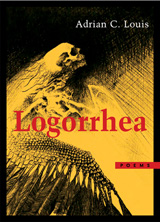
In a torrent of rage, love, and irony, Adrian C. Louis explodes all the myths and hypocrisy of Middle America in the twenty-first century. This is how Walt Whitman or Allen Ginsburg might have written about our post-9/11 world--where the realities of poverty on Indian reservations and the plight of Hurricane Katrina victims come in second place to the vagaries of Homeland Security. For Louis, both he and our nation face an uncertain future. Like many of us he is trapped in a surreal void of the present, where he is faced with middle age and isolation, the death of loved ones, an unsatisfying job, and the battle against loneliness and self-destruction. He writes as if he has nothing left to lose but then fills the page with bittersweet sorrow for everything that has been lost. Armed with unforgettable images, relentless rhythms, and a dark and scathing humor, Louis takes aim at this American life.
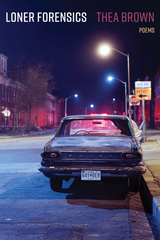
In Loner Forensics, Thea Brown dreams up and dissects a city beset by unexplained disappearances, roving silences, and climate collapse. This sprawling collection comprises a series of interviews with denizens of the shifting city, each mediated through the lonely lens of the Detective, a character whose refractive investigation atomizes the scene. As much a study of complicity as a critique of capitalism’s distortive effects on human emotional response, Loner Forensics questions what happens when our innermost terrains become newly unfamiliar in an unraveling natural world.
Dark, fractured, and canny, Brown’s shimmering third collection draws on parallel universes, 1980s video games, social media pop-speak, and ghost towns to immerse the reader in grief, utopia, disaster—and, ultimately, love.
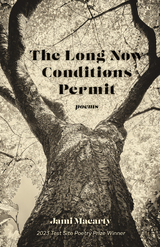
With ethical attention, Jami Macarty’s collection engages the political, ecological, and personal forces that shape and mark our lives, offering an ecofeminist ethic of care as an antidote to extractive capitalism and patriarchal norms. Each poem meditates on power, insists on articulating what is being lost—and what must be saved and reclaimed.
Amid the exploitation and violence, these poems find moments of grace: the scent of a sea rose, a desert walk in spring, the company of birds, Earth entire. The Long Now Conditions Permit is both tender elegy and urgent call, exhorting readers to grapple with the devastating failings of humanity and the saving possibilities of love.
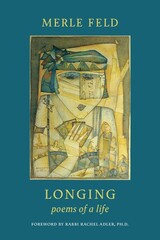
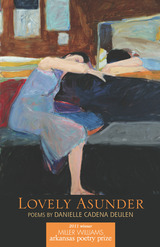
READERS
Browse our collection.
PUBLISHERS
See BiblioVault's publisher services.
STUDENT SERVICES
Files for college accessibility offices.
UChicago Accessibility Resources
home | accessibility | search | about | contact us
BiblioVault ® 2001 - 2025
The University of Chicago Press


